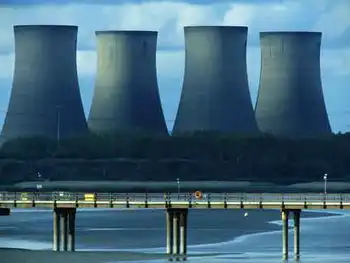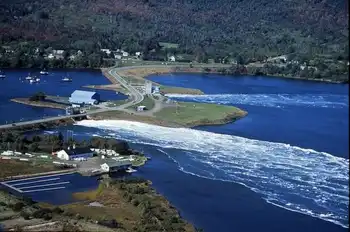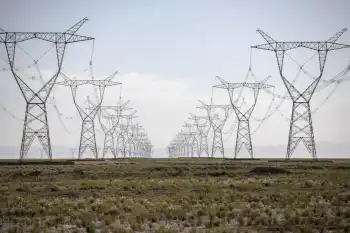Minnesota Signs Deal With Manitoba Hydro
WINNIPEG -- - The Minnesota Public Utilities Commission has unanimously approved a $1.7 billion power export deal with Manitoba Hydro.
It allows Minneapolis-based Xcel Energy to import power from Manitoba Hydro, despite the objections of aboriginal groups.
The 500-megawatt, 10-year deal was given the go-ahead.
It's an extension of an existing deal and will allow power to be exported until 2015.
Approval by Canada's National Energy Board is pending.
The Minnesota decision is a blow to the Pimicikamak Cree Nation of Cross Lake, Manitoba. They had asked the commission to first call a formal hearing into the social and economic impact of historic hydro development on their homeland.
Related News

Changes Coming For Ontario Electricity Consumers
TORONTO - Ontario Electricity Billing Changes include OEB-backed shifts to time-of-use or tiered pricing, landlord blanket elections, LDC implementation guidance, a customer choice webpage with a bill calculator, and ENDM rate mitigation messaging.
Key Points
They are OEB measures enabling TOU-to-tiered switching, landlord elections, LDC guidance, and ENDM bill messages.
✅ Option to switch from TOU to tiered pricing
✅ Landlord blanket elections on tenant turnover
✅ ENDM-led bill info and rate mitigation messaging
By David Stevens, Aird & Berlis LLP
Electricity consumers in Ontario may see a couple of electricity rate changes in their bills in…




